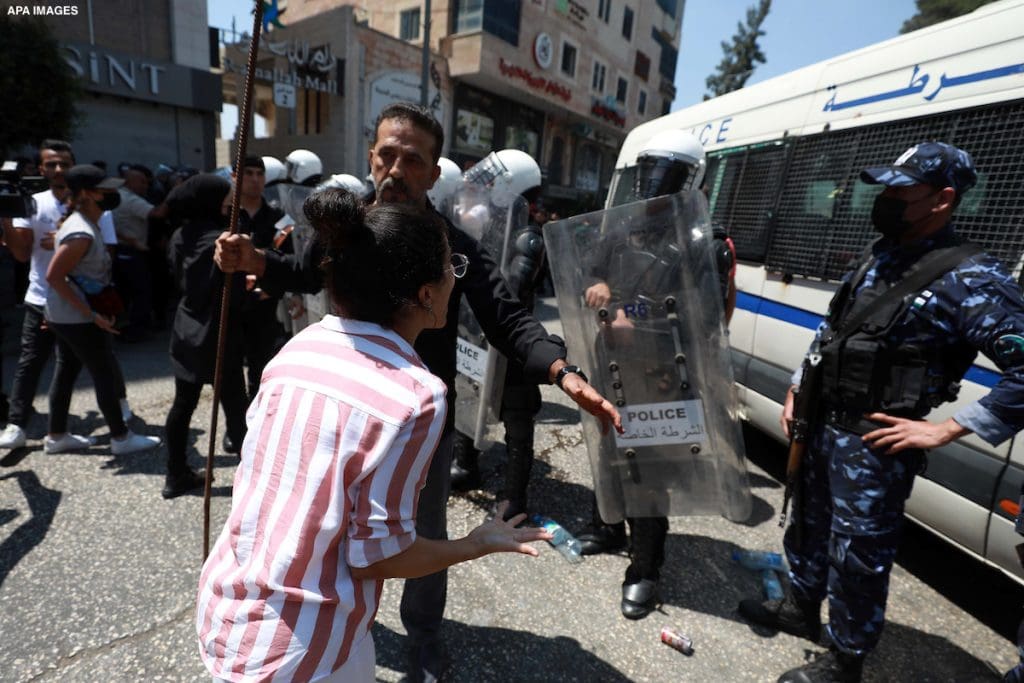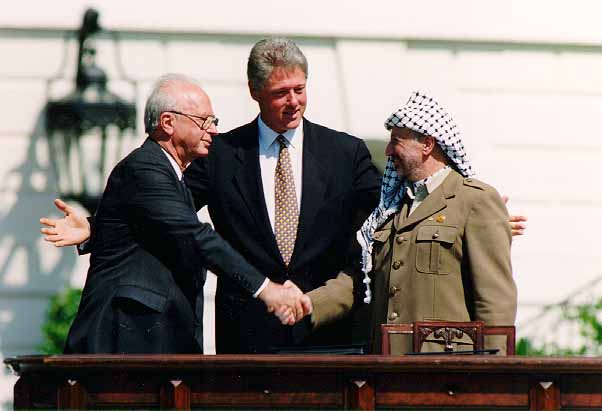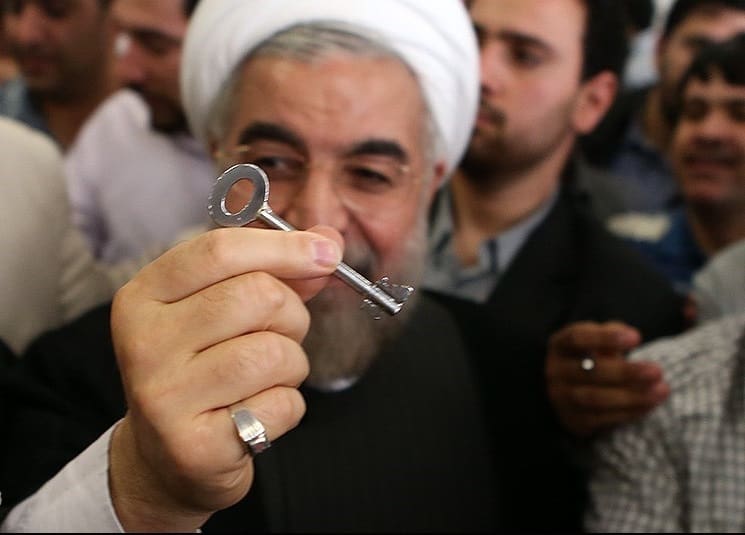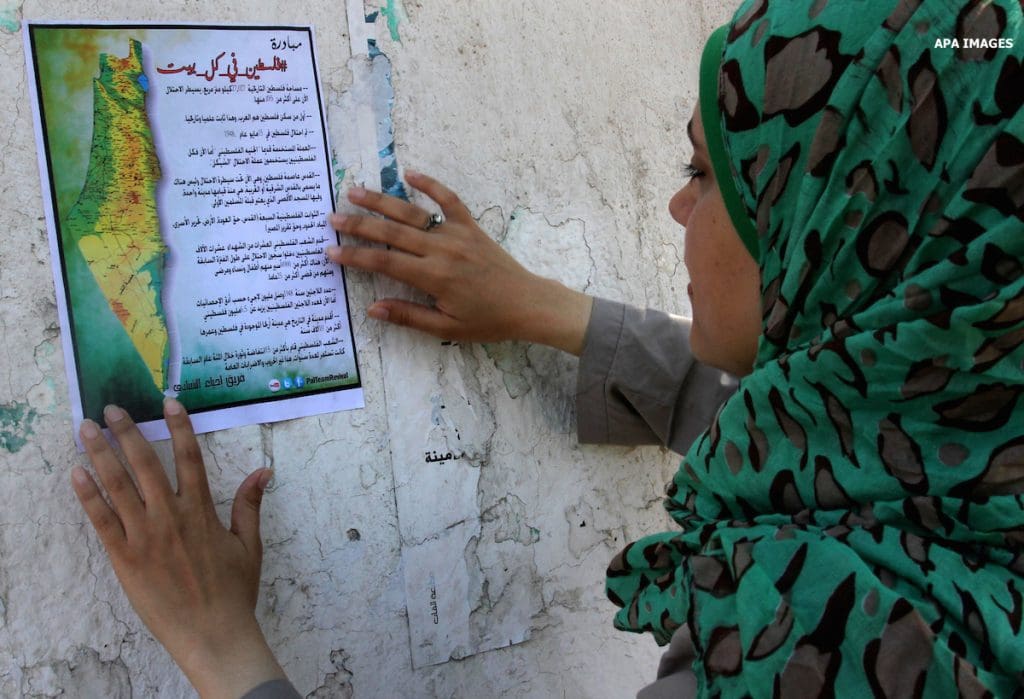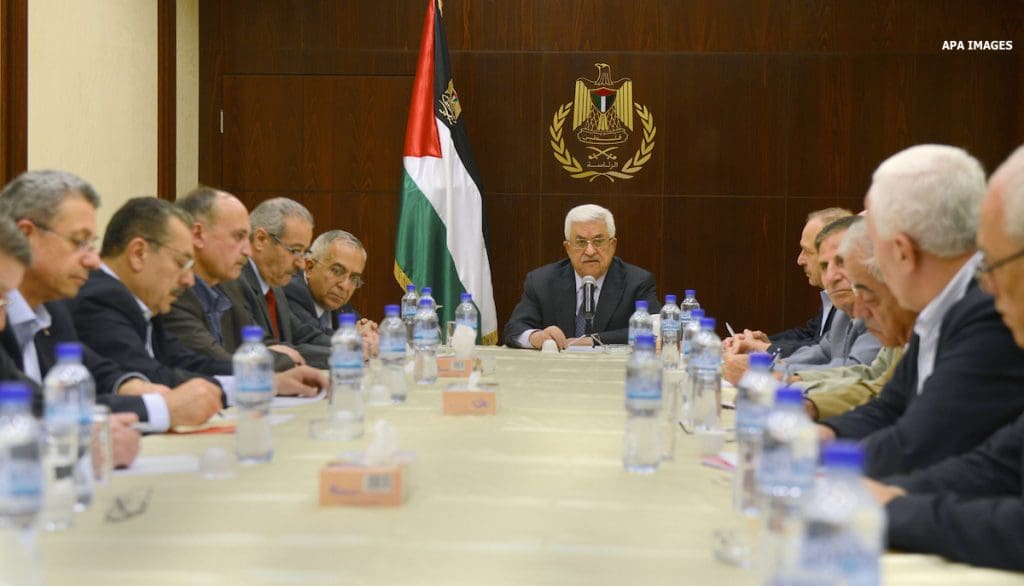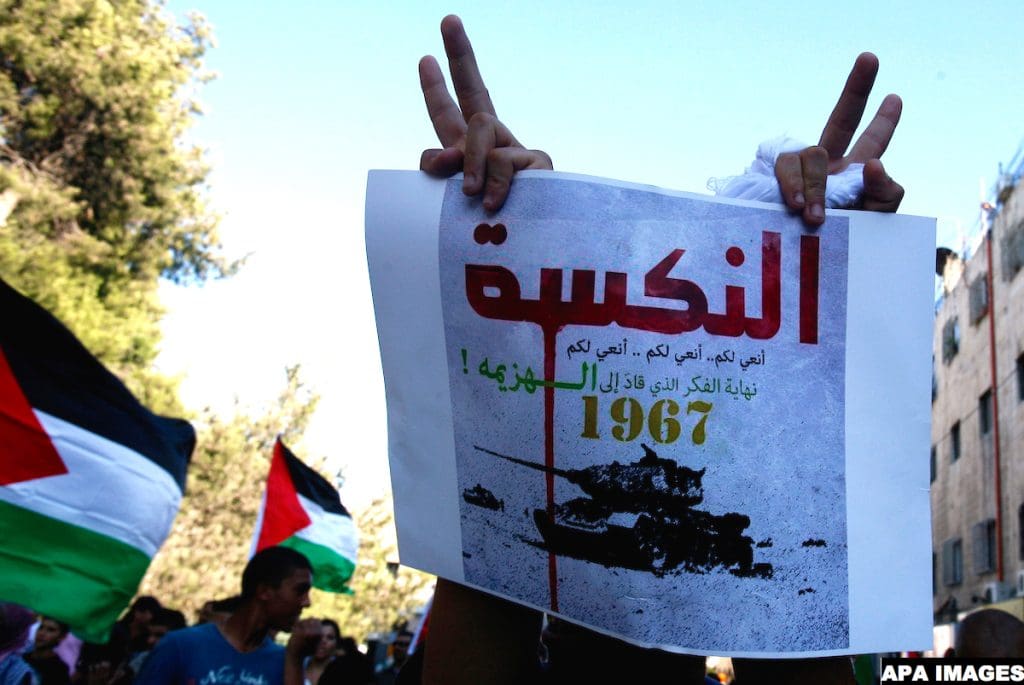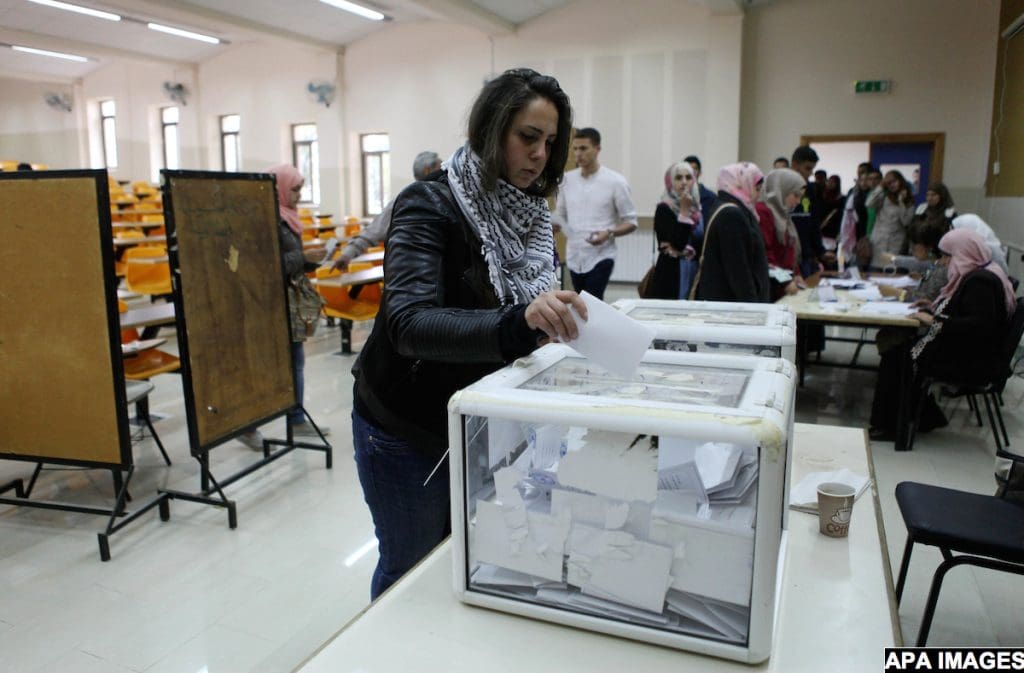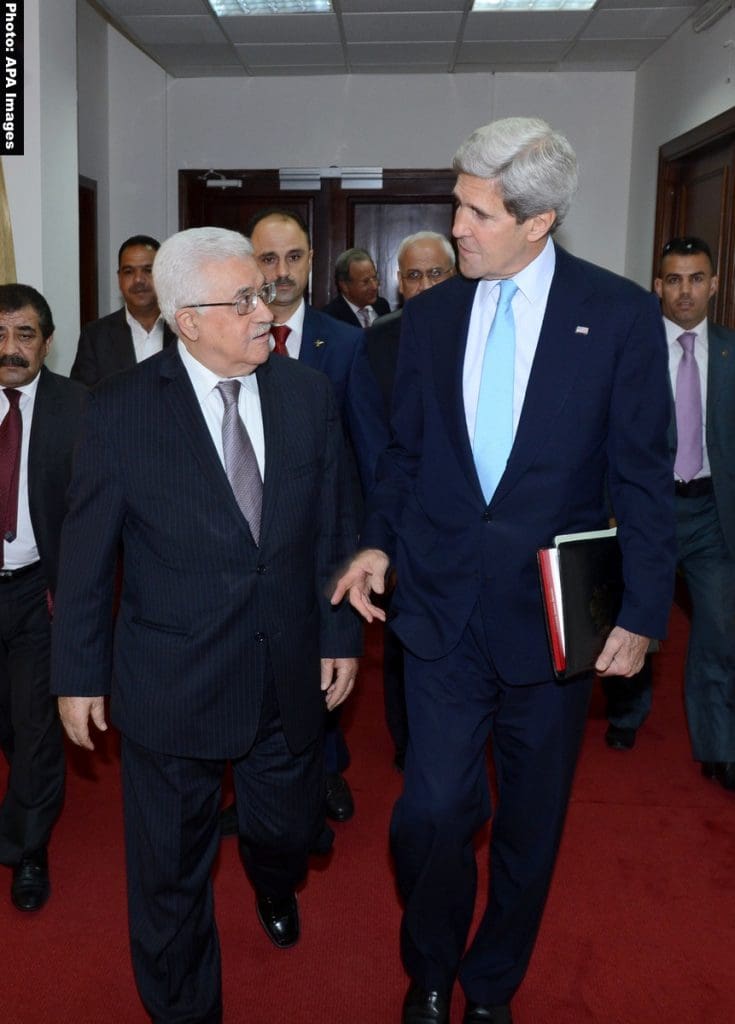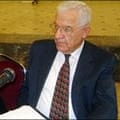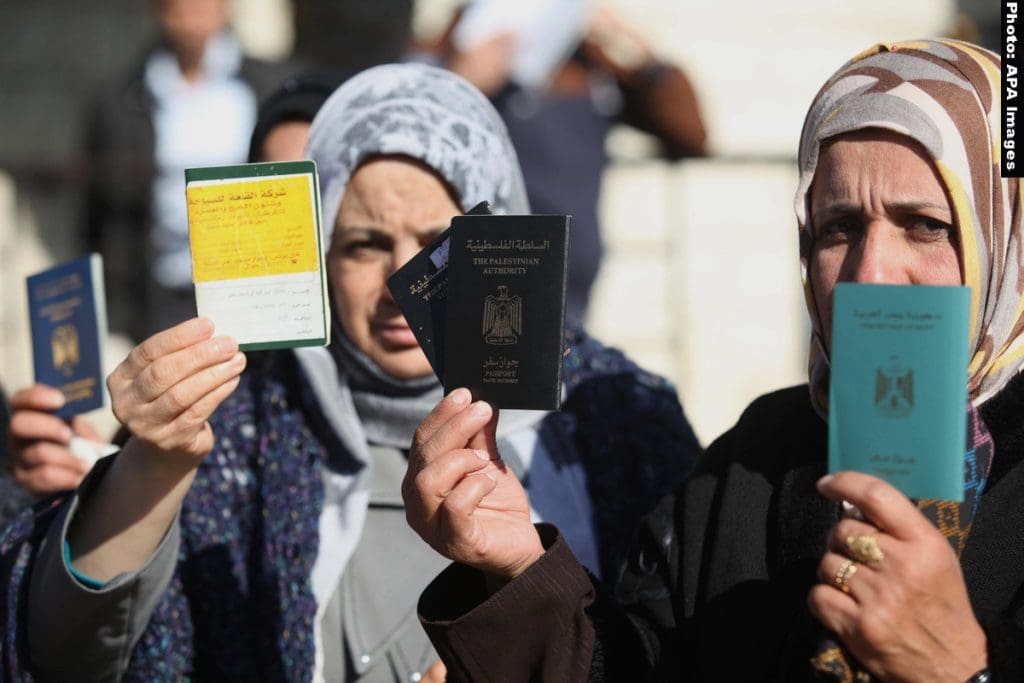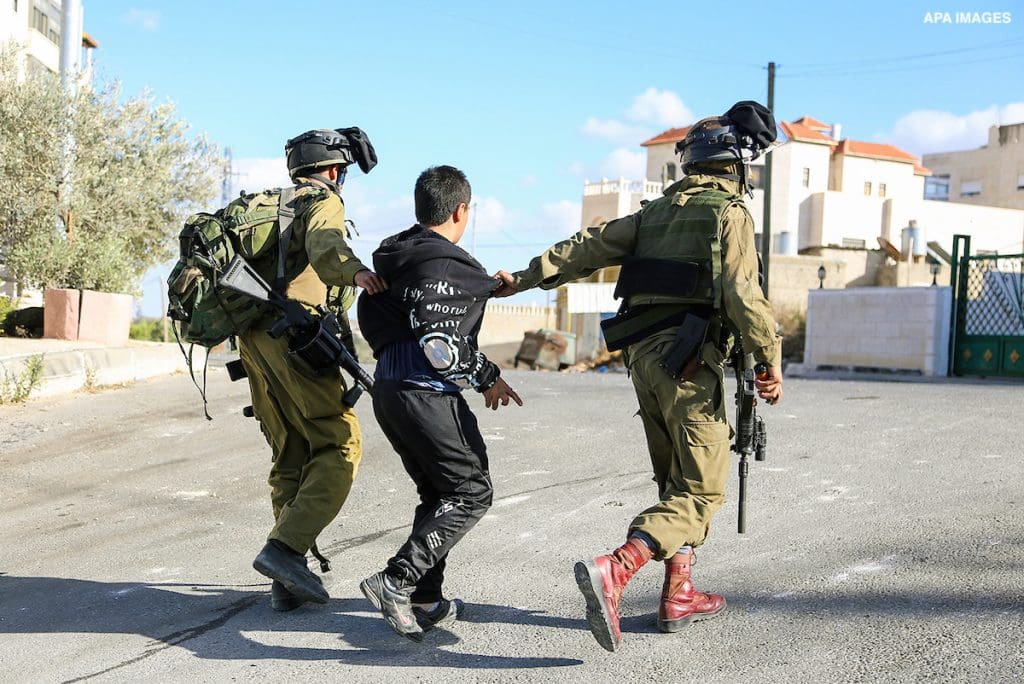Mouni Rabbani is an independent writer and analyst specializing in Palestinian affairs and the Arab-Israeli conflict. He is a senior fellow at the Institute for Palestine Studies and is a Contributing Editor to the Middle East Report. His articles have also appeared in The National and he has provided comments for The New York Times.
From this author
Punctuated by the outbreak of the Unity Intifada in May 2021, the trajectory of Palestinian resistance is experiencing a watershed phase marked by new actors and themes. With the effective neutralization of the Palestinian Liberation Organization (PLO) since the 1993 Oslo Accords, the deepening geopolitical fragmentation of Palestinians across colonized Palestine and the world, and the global shift to cyberspace, new opportunities — and threats — to Palestinian resistance have emerged.




+
Sam Bahour,Rana Barakat,Mary Nazzal-Batayneh, + MoreOroub el-Abed,Nadia Hijab,Victor Kashkoush,Anis Kassim,Osamah Khalil,Mouin Rabbani,Jamil Hilal,Loubna Qutami,Haidar Eid,Yara Hawari,Nadim Nashif,Raya Naamneh,Omar Barghouti,Marwa Fatafta,Tariq Dana,Hatem Bazian,Noura Erakat,Alaa Tartir,Issam Younis,Nada Awad,Diana Buttu,Ingrid Jaradat Gassner· Aug 26, 2021
A quarter of a century since the signing of the Oslo Accords, an independent and sovereign Palestinian state has become little more than a myth as Israel continues to expand its settler colonial project and military occupation. Oslo’s structure and framework are to blame for this reality, as the Accords were not a peace agreement but a security arrangement between colonizer and colonized.
Trump’s administration and Israel are pressuring Palestinians to accept a disastrous deal in part to cement closer relations with Gulf states against Iran. Al-Shabaka’s Diana Buttu, Osamah Khalil, and Mouin Rabbani examine how US actions work to the detriment of Palestinians, the repercussions of these developments on Hamas-Iran relations, and what Palestinians can do in response.



November 2, 2017 marks the 100th anniversary of the Balfour Declaration, the British statement that paved the way for the state of Israel. Were there any points during the past century when the Palestinians could have influenced the course of events for a different trajectory? Al-Shabaka’s historians and analysts identify six forks in the road where things might have gone differently, and draw lessons for the future.
A Palestinian leadership vacuum looms due to the ill health of the secretary general of the Palestine Liberation Organization (PLO), Saeb Erekat, and the frailty of the Palestinian Authority (PA) President Mahmoud Abbas, who also heads the PLO and its main constituent party Fatah.
The Palestinian cause today has in some respects reverted to where it stood before the 1967 War. It is worth retracing this trajectory to understand how we reached the current situation, and derive insights on where to go from here.


The failure to conduct local elections in the occupied territories and the Fatah conference, which largely reaffirmed a moribund status quo, are the latest examples of stymied Palestinian democracy. Al-Shabaka analysts examine the notion of democracy under military occupation, the factors constraining it, and the form that makes sense for the Palestinian people.




+
How will US-Palestinian relations – such as they are – be affected by the nuclear agreement between leading world powers and Iran In brief:



The rights of Palestinian refugees have been long neglected and their suffering has been carried from generation to generation for 67 years. In his recent piece A Bold Proposal: Palestine Should Give Its Refugees Citizenship, Al-Shabaka Policy Advisor Fateh Azzam argued that the State of Palestine should confer citizenship on its stateless refugees and enter into bilateral agreements with other states regarding the status of Palestinian citizens in each country.
The disappearance of three Israeli youths in mid-June 2014 while hitchhiking home from a Jewish settlement in the Israeli-occupied West Bank has brought an already volatile situation to the boiling point.

Mouin Rabbani· Jun 25, 2014







